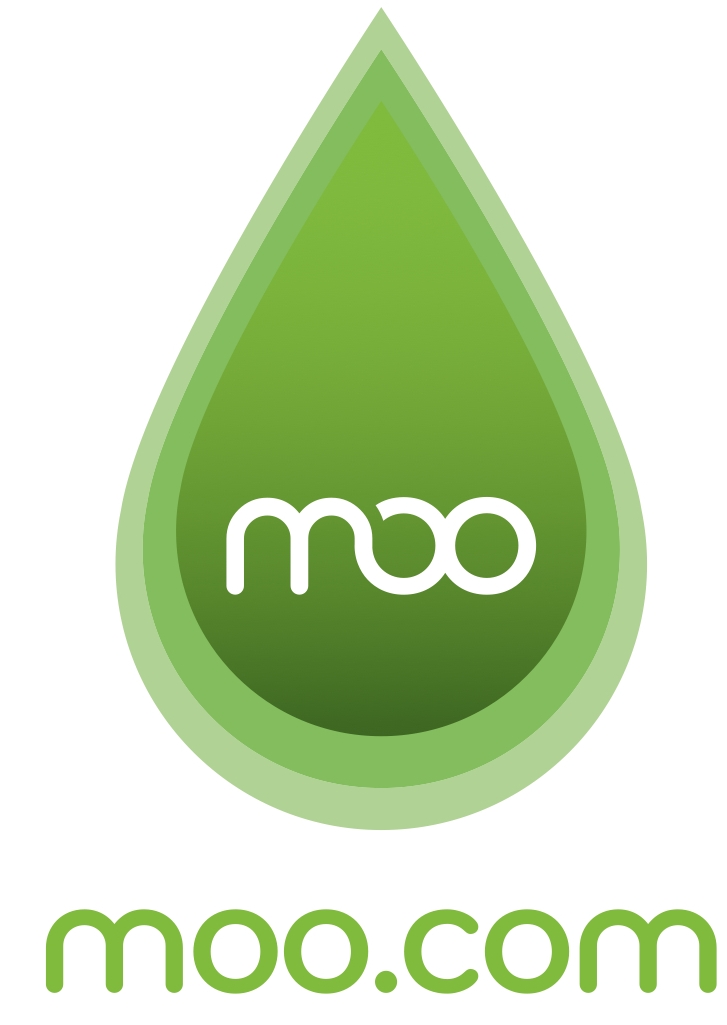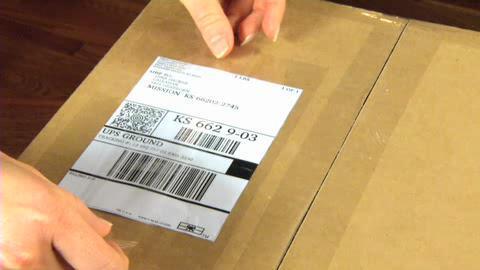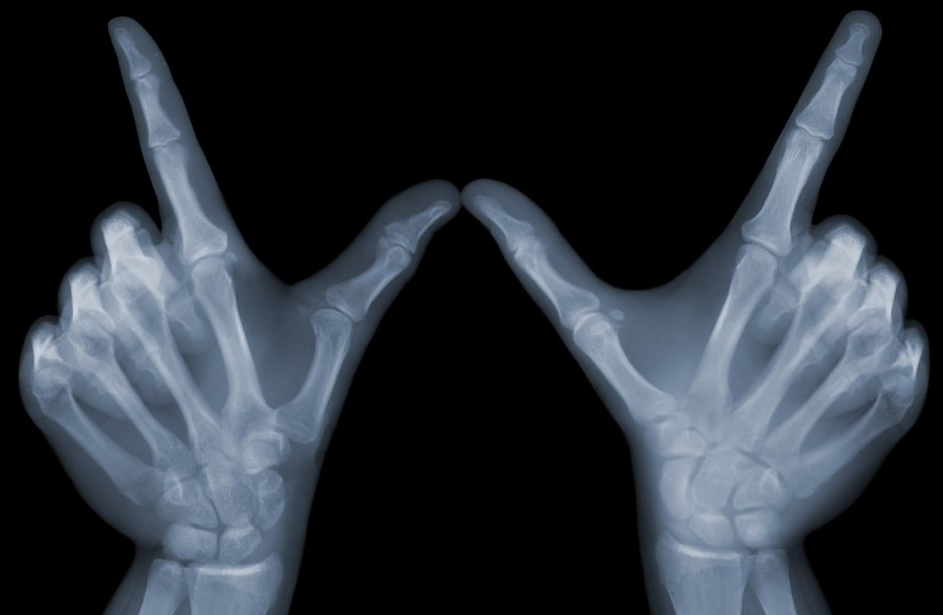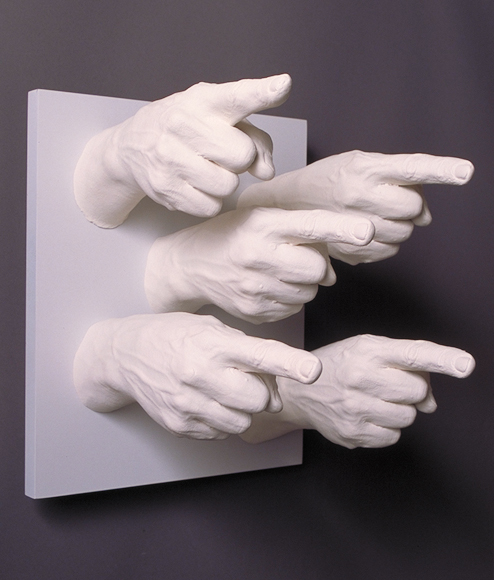
We can’t sit back and wait for the world to fall in love
with us.
The door must be
opened from the inside.
Despite our best efforts to attract what we want, magnetize
people into our orbit and patiently wait until they respond to our passive
invitation, eventually, we have to step up and make some noise.
We have to go happen to things. We have to put ourselves in
the way of success. We have to find the people who have what we want, grab them
by the lapel and tell them who we are and why they should give it to us.
Otherwise we may never get it.
The world responds to proactivity. And when we’re out in the
community, meeting people, sharing the story of our enterprise, it’s essential
that we leave something behind that’s memorable and valuable.
Moo is the perfect example.
They print the world’s sexiest business
cards. Cards that start conversations. Cards that become social objects. Cards
that are kept and acted on. Cards that tell your story and bring your business to
life.
And because face-to-face is making a comeback, because
talking to people with your mouth will always be fashionable, Moo cards are the
analog friend requests that open that door of opportunity.
They love to print, but they love to help your business grow even more.










